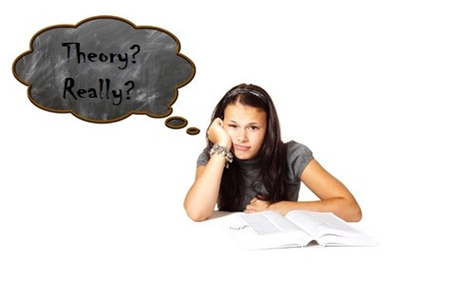Being a UDL Influencer
This week’s podcast highlight’s Melissa’s work in helping others become knowledgeable about UDL. She moved from teaching 7th grade to the position of district resource teacher. She even shares how she took an existing UDL tool and modified it to accommodate the needs of her learners (Wait! Did I just use a phrase we normally reserve for our K-12 learners and apply appropriately to all learners? Why yes, I did!). Melissa made sure that the tool was going to be helpful to the teachers with whom she worked. She accommodated those needs by altering the tool. But what if you love being in the classroom and you want to influence others to use the UDL framework? What kind of impact can you make?
Not to get too wonky, but there is a theory that works here (and after I share it, you’ll be able to identify how Melissa’s work is right in line with it!).

There’s this thing called diffusion theory that’s been written about by Everett M. Rodgers (and many, many others) since 1962. Without going too deeply into it, there are 5 phases: awareness, interest, evaluation, trial, and adoption.
Let’s say you’ve been working with the UDL framework and you’ve blown away by the changes you’ve seen in your learners and in your instruction. You’re psyched! You’re in luck because you can raise awareness and interest (the first two phases) by sharing internet links and stories. This is where mass communication is effective. You’re getting the information in front of people, but it’s information that is out there for everyone. You don’t have to tell your story yet (though you can. That doesn’t mess anything up).
The phase of evaluation is your personal attachment to UDL. This is where you begin to share your own stories of the differences you’ve seen, the steps you’ve taken, and the students’ outcomes you can point out. This helps your peers see how they can evaluate UDL in their own environments. You’re taking away some of that fear of “What do I do to get started?”
Trial and adoption are also based on personal influence. Again, you share your stories of how you’ve played around the framework. What worked and what didn’t work in your environment? Why did it work or not work (that “why” part is huge!)? And, whether or not you feel like you’re at the adoption stage – where you’ve totally adopted UDL – it’s perfectly fine to help others move into the phases.
Having defined phases can be helpful for something that feels as unwieldy as a framework. It can help you chunk things and categorize your actions as a communicator. Whether you see yourself as an educational leader or not, you are an innovator. How do I know? Because you’ve decided to work with the UDL framework. It is a framework that doesn’t leave room for mechanized practices. It is a framework that promotes creativity and change. It is a framework that relies on you using your own expert learning traits. It relies on you to bring your learners along as they explore and build on their own expert learning traits. Design on, my friends!
